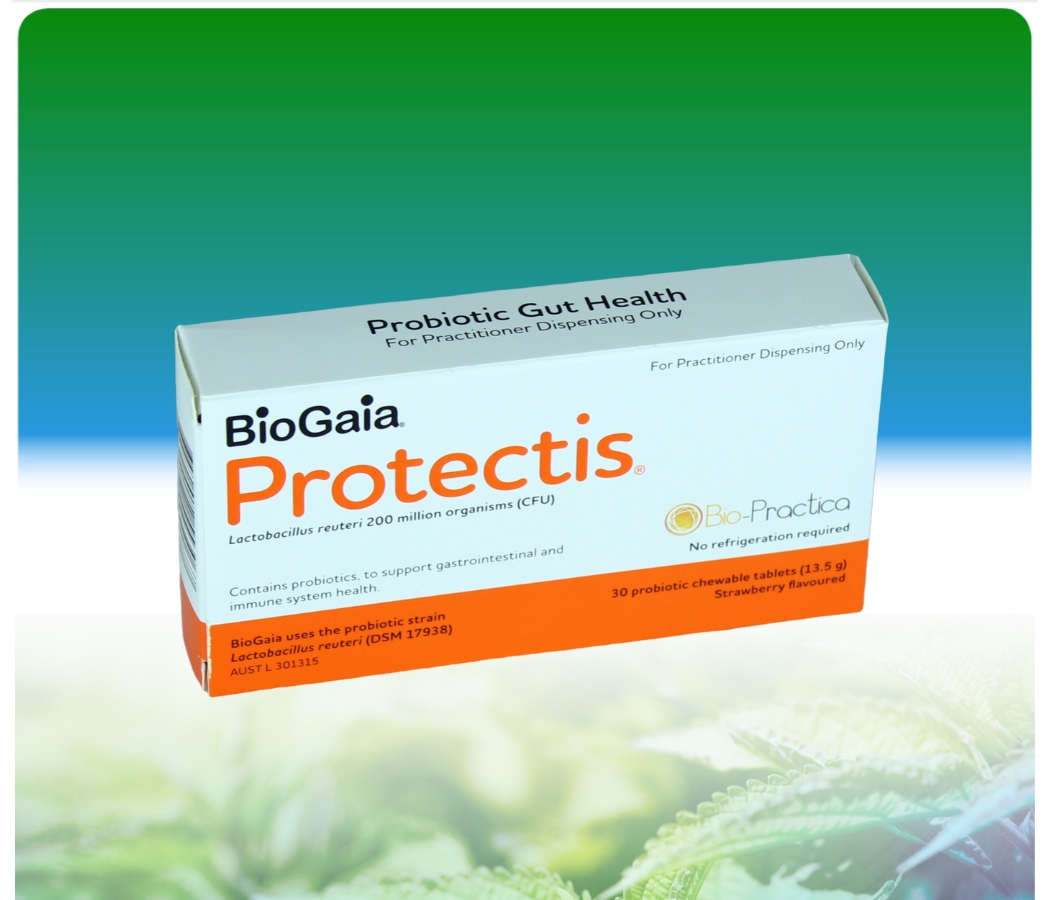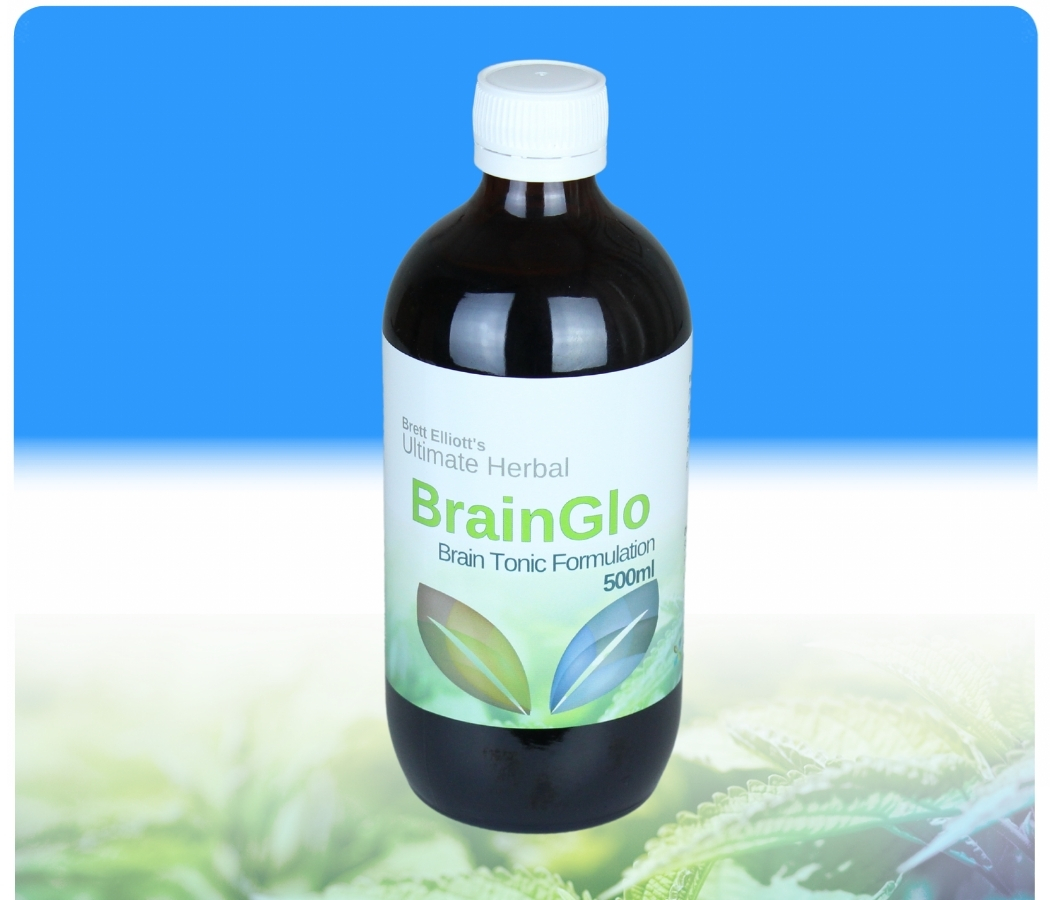- 9 months ago
- 8Minutes
- 1883Words
- 395Views
- Stress
- Menstrual periods
- Changes in your normal sleep pattern
- Extreme fatigue
- Certain foods and drinks
- Too much caffeine or withdrawal from it
- Skipping meals or fasting
- Changes in the weather
- Exercise
- Smoking
- Bright, flickering lights
- Certain smells
THE GUT-BRAIN CONNECTION
There is an abiding connection between intestinal health and the entire body’s ability to function normally, but in recent years the Gut-Brain hormonal connection has revealed powerful links. Migraineurs with long headache history and high headache frequency have a higher chance of being diagnosed with irritable bowel syndrome or Chrohn’s disease. IBS and migraine share some similarities and can alter gut microflora composition and thereby may affect the gut-brain axis and inflammatory status. It has also been proposed that migraine may be improved by dietary approaches with beneficial effects on gut microbiota and gut-brain axis.
The enteric nervous system is the nerve network of the digestive tract. It is so complex that it is sometimes termed ‘the second brain’. The vagus nerve efficiently conveys information from this ‘intelligent’ visceral circuitry to the brainstem. Anything occurring anywhere in the digestive tract is almost instantly perceived in the brain.
The numerous blood vessels attached to the intestines are also instrumental in speedily delivering substances around the body and to the brain.
It is often easy to think we have a healthy diet when, in fact, the things we eat can be destroying our wellbeing by degrees. By clogging the intestines we cause alterations in gut structure, dysfunction of the gut wall, destruction of intestinal bacteria, and changes in brain chemistry. This interferes with the complex physiological processes involved in digestion, absorption, and elimination, sabotaging our body’s ability to maintain normal health. A migraine can be a manifestation of a subtle or gross imbalance in this area, complicated by other outside factors.
So…as usual….diet is key. Intestinal clearance and detoxification are often necessary, followed by reinstating intestinal bacteria and eating unrefined, fresh foods free of synthetic chemicals. Give your body this and it has the innate ‘wisdom’ to heal itself from even some seemingly incurable conditions. Learn about my Ultimate Herbal DETOX Program here

PROBIOTICS
Of the hundreds of thousands of strains of bacteria naturally residing in our intestines, there are multiple positive effects from our symbiotic relationship with them. Some of these beneficial bacteria repress disease-causing micro-organisms, others aid in the digestion of carbohydrates, some manufacture substances such as vitamins, produce chemicals vital for our immune system, support DNA and even promote the growth of blood vessels crucial for healthy gut function and the absorption of nutrients.
The state of intestinal bacteria has significance for migraine sufferers. As well as digestive enzymes we have intestinal bacteria that aid in the breakdown of protein. When proteins are digested correctly they are broken down to peptides and amino acids that are then used by the body to create neurotransmitters and hormones. If, however, proteins are ineffectively broken down due to a disruption of bacteria or digestive enzymes we get either too little or too much at the wrong time. Low levels of the neurotransmitter, serotonin, have been shown to be a co-factor in triggering a migraine. Amongst other functions, serotonin affects blood vessel contraction.
Poor food choices cause a build-up of undigested, putrefactive matter, an underlying cause of dysfunction of the processes of digestion and elimination. This poor intestinal health leads to the faulty manufacture of brain chemicals such as serotonin.
Without a healthy intestinal environment, helpful bacteria cannot thrive. Without the bacteria our chemical balance is upset, contributing to various health imbalances including a migraine. To be migraine-free we must first look at the status of the gut, then to the regulation of body chemistry in the blood and ultimately the brain where the pain of a migraine manifests.
I recommend Biogaia L-Reuteri pictured above. BioGaia’s probiotic products with Lactobacillus reuteri are among the most scientifically well-documented probiotics in the world with regard to both efficacy and safety. To date the efficacy and safety of BioGaia’s different strains of L. reuteri have been documented in 203 clinical studies in 17,200 people of all ages. Get Biogaia HereDIET
Whilst certain foods are believed to trigger a migraine, there are usually contributing factors. Dehydration, blood sugar imbalance, hormonal variation, emotional upset, and inadequate sleep all have a physiological effect that can generate a deluge of events leading to a migraine.
Even the very drugs you might take to relieve a migraine can end up perpetuating a cycle of rebound headaches.
Some simple guidelines:- Eat low glycaemic index foods and regular meals to keep your blood sugar balanced;
- Choose unrefined foods as close to nature as possible; plenty of vegetables and fruit with some lean protein. Remember that vegetables supply protein too;
- Drink water
- Avoid MSG, nitrates in preserved meats, and alcohol. Amines, found in chocolate, hard cheeses, beer, and wine, are thought to be amongst the major food triggers.
- Avoid habitual caffeine;
- Ensure you have an adequate intake of dietary minerals. Use mineral supplements where the diet is lacking, as in foods grown in mineral-deficient soils, now widespread across the globe;
- The body has a high requirement for magnesium (found in green leafy veg) which aids in the relaxation of blood vessels and may be helpful in controlling migraine. Try soaking in a bath with one to two cups of Epsom salts dissolved in it if you have a migraine;
- Add Vitamin B2 and Coenzyme Q10 to your body, both required by cells for efficient energy use, can reduce migraine frequency; and
- Add Vitamin B6 to your body as it aids the reduction of inflammation by supporting the enzymatic breakdown of histamine.
HERBS FOR A migraine
With a healthy digestive tract and a well-nourished body, herbs have a fairer chance of taking effect. Think of herbs as being both a food source and a medicine. They provide useful substances, inhibit harmful ones, support body functions, and are antioxidants. Many herbs can be drunk as tea and can be combined in a formula. Unlike other liquids that are around, Brett Elliott’s Ultimate Herbal BrainGlo is 100% herbal and made with clinical strength herbal extracts, made right here in New Zealand. The herbs can help improve the health of the entire Brain and assist with healthy circulation, hormonal balance, and cognition within the brain. Brainglo contains a blend of key tonic herbs to help protect and support brain health. It can be used over the long term as a tonic, or in short bursts for tension headache relief.
Ingredients
It contains a blend of the following herbal extracts in a base of pure New Zealand bush honey.
Click the names to read more about each ingredient.
Unlike other liquids that are around, Brett Elliott’s Ultimate Herbal BrainGlo is 100% herbal and made with clinical strength herbal extracts, made right here in New Zealand. The herbs can help improve the health of the entire Brain and assist with healthy circulation, hormonal balance, and cognition within the brain. Brainglo contains a blend of key tonic herbs to help protect and support brain health. It can be used over the long term as a tonic, or in short bursts for tension headache relief.
Ingredients
It contains a blend of the following herbal extracts in a base of pure New Zealand bush honey.
Click the names to read more about each ingredient.
- NZ Bush Honey
- Licorice – Great for energy, stamina, and blood sugar balance.
- Bacopa – Administration of BM appears to nourish rather than deplete neurons, an action compatible with 1400 years of Ayurvedic study.
- Ginkgo Biloba – Inhibits platelet aggregation (anti-PAF) to reduce blood viscosity, improves circulation.
- Gotu Kola – Studies have shown Gotu Kola to re-vitalize the brain and nervous system, increase attention span and concentration, and combat aging.
- St John’s wort – helps to keep serotonin available in neuron synapses (spaces between nerve endings) of the brain. Take with professional guidance if using migraine drugs. St John’s wort protects the liver, nourishes, repairs, and calms the entire nervous system, and relieves pain.
- Bilberry – Blueberry intake has been shown to increase brain activity, memory, and learning and to decrease age-related cognitive decline. Cognitive performance in elderly adults improved after 12 wk of daily intake of blueberry.
- Turmeric – Strong anti-inflammatory, digestive, and liver support, blood thinning.
- Feverfew – Grow feverfew in the garden and chew on a few leaves when you experience a migraine aura. It is thought to work by inhibiting the generation and release of pro-inflammatory prostaglandins. Feverfew has also been shown to inhibit serotonin release from platelets, aiding blood vessel tone and constriction. This is a very bitter herb that promotes digestive secretions for improved food assimilation. Feverfew can also be taken prophylactically (as a preventative) – consume 2 to 3 leaves every day to reduce the frequency of migraines.
- Saffron – The active components in saffron protect neurons in the brain and increase the concentration of neurotransmitters in the synapses, thus enhancing cognitive function.
- Ginger – Another plant that improves blood circulation; inhibits thromboxane and other prostaglandins. Relieves inflammation, nausea, and vomiting.



